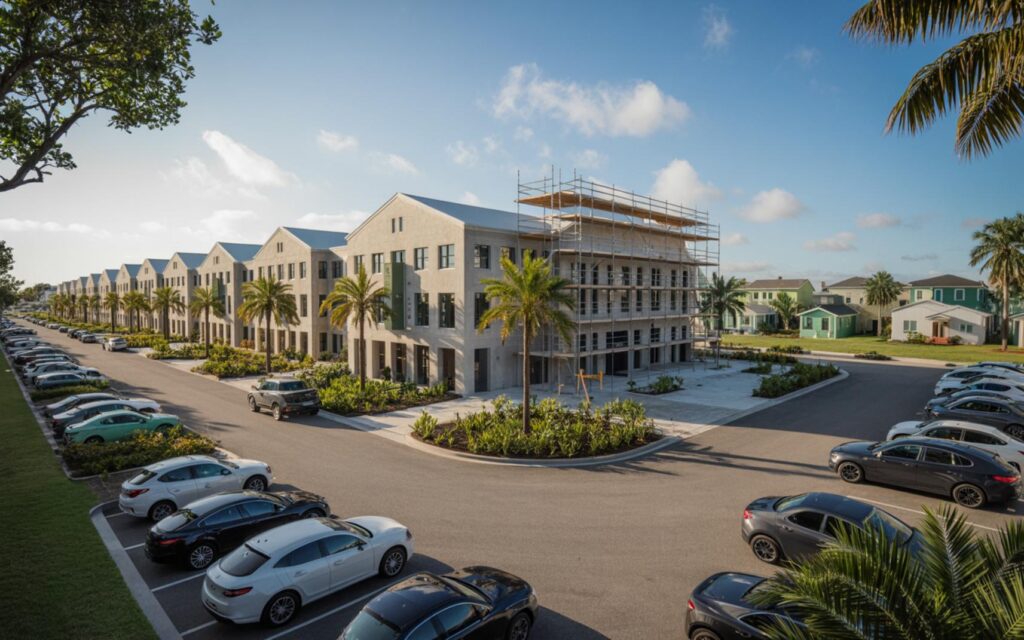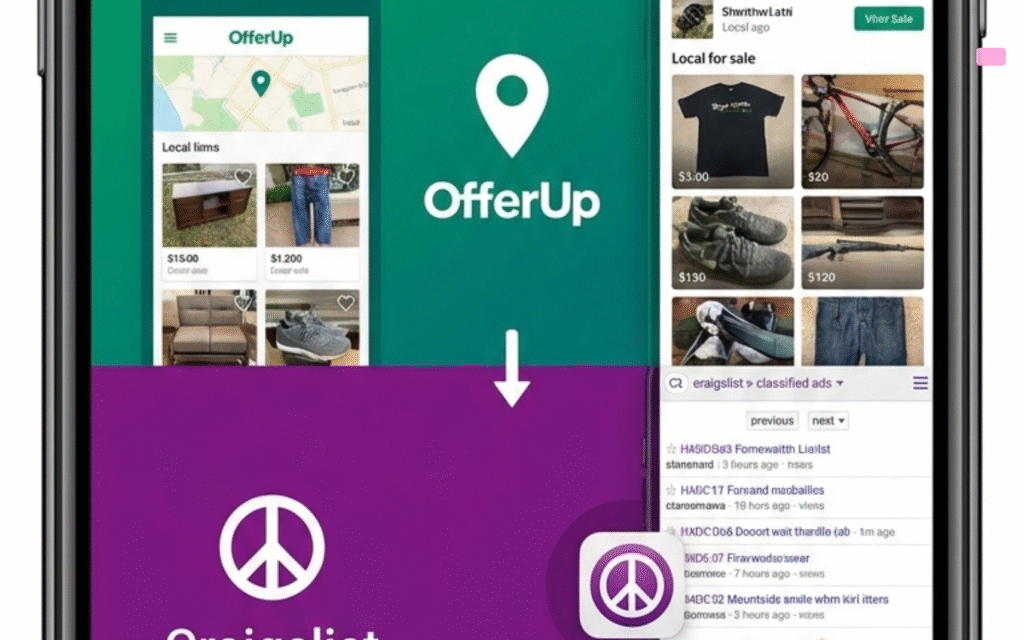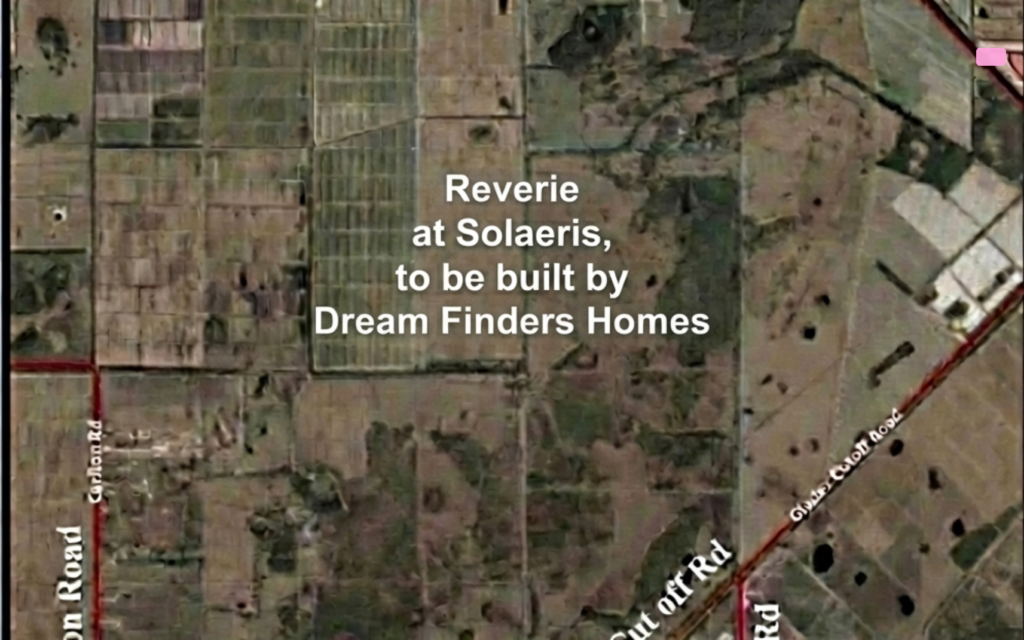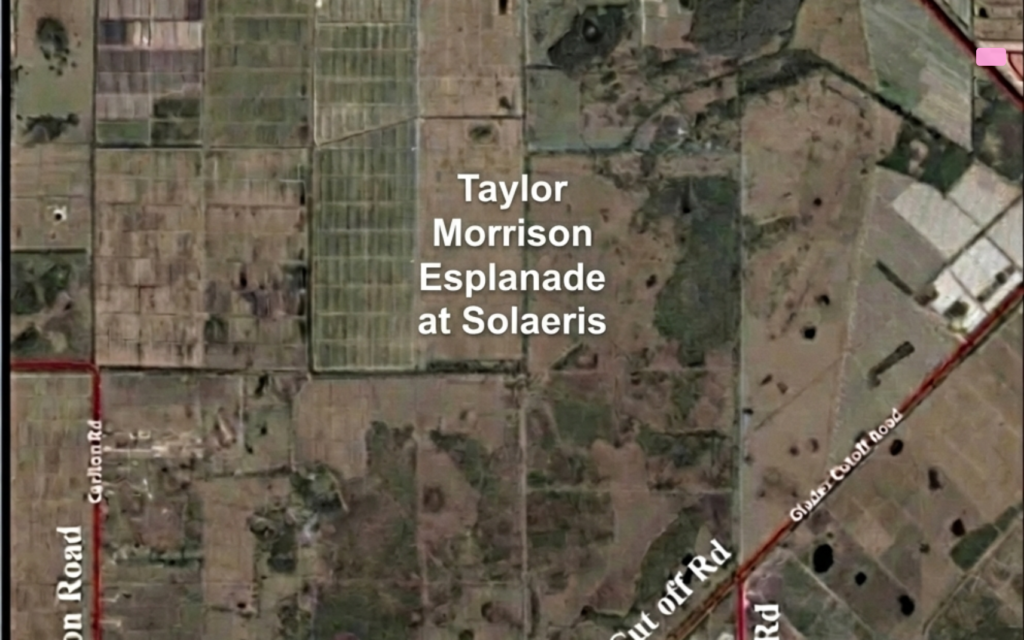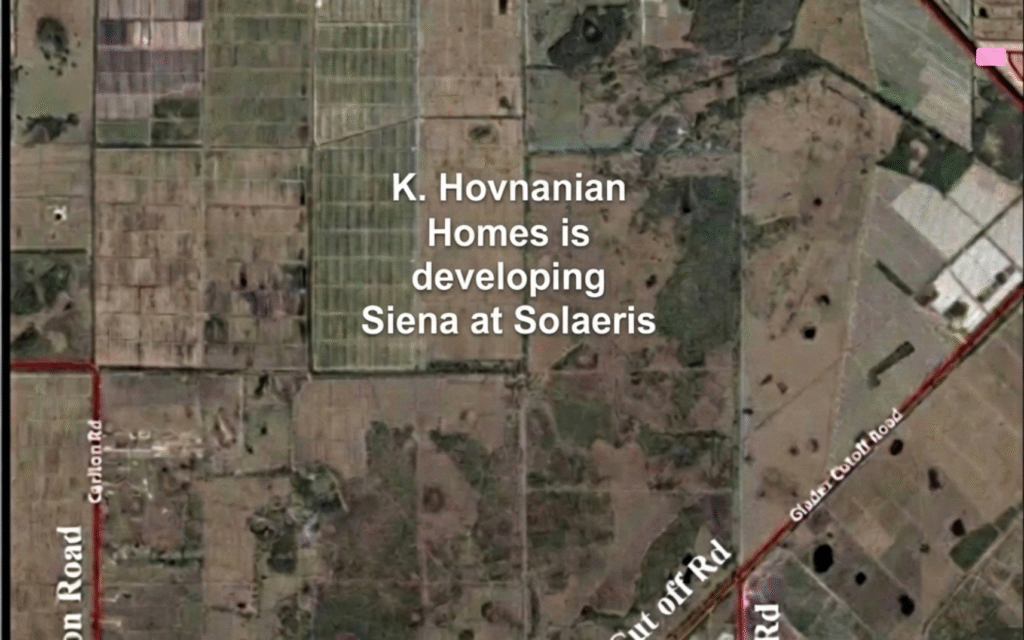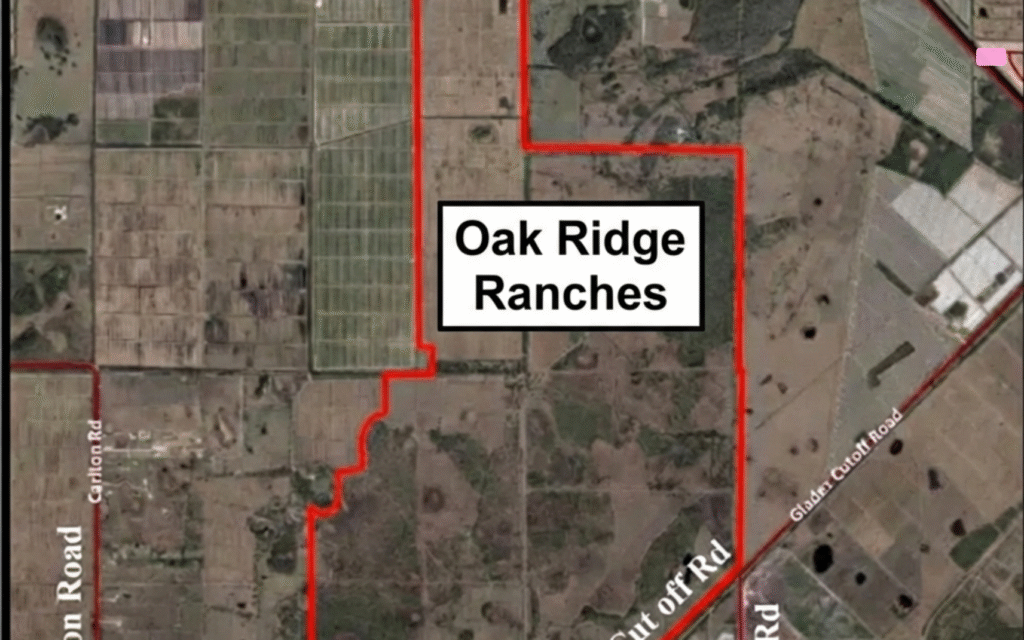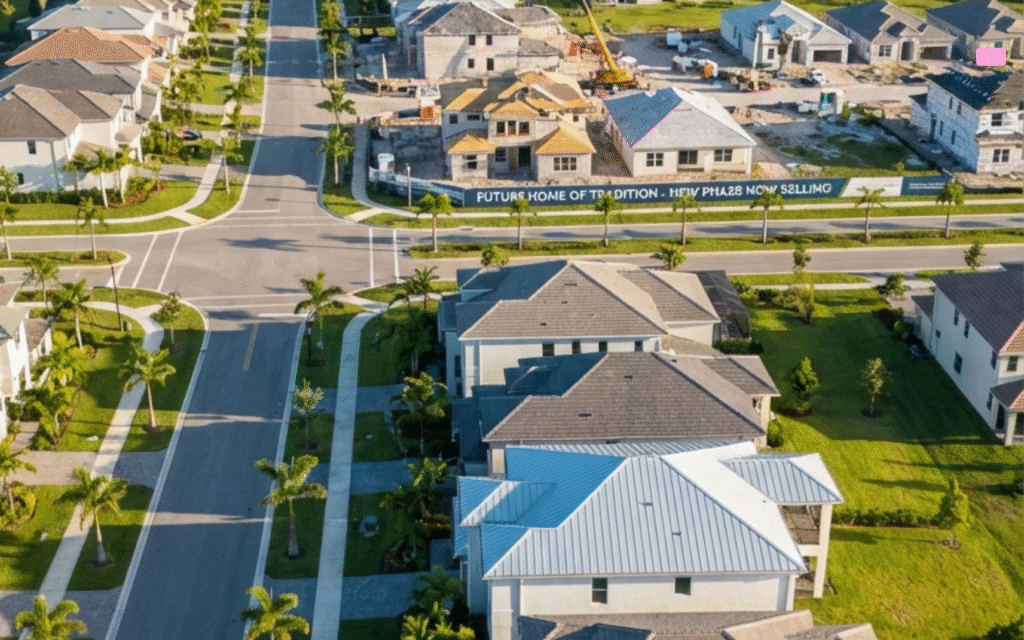The Senior Utility Assistance Program in St. Lucie County offers targeted support for older adults facing rising utility costs and financial hardship. This program is designed specifically for households where all members are 67 years or older, addressing the unique challenges seniors encounter in managing essential expenses.
Senior Utility Assistance Program in St. Lucie County
The Senior Utility Assistance Program was launched by St. Lucie County to help seniors on fixed incomes maintain access to necessary utilities. According to the St. Lucie County Community Services Department, the program aims to reduce the risk of utility shutoffs and prevent financial instability among older residents.
Eligibility Criteria for Senior Utility Assistance
To qualify for the Senior Utility Assistance Program, households must meet several specific requirements. All household members must be at least 67 years old, and the total household income cannot exceed 200% of the federal poverty level. Proof of St. Lucie County residency is required, and applicants must be unemployed, relying solely on Social Security, Supplemental Security Income (SSI), Social Security Disability Insurance (SSDI), or retirement benefits. The utility bill must also be in the applicant’s name.
- All household members must be 67 years or older
- Income limit is 200% of the federal poverty level
- Proof of county residency required
- Unemployed, relying on fixed-income sources
- Utility bill must be in applicant’s name
Income Limits for Assistance
The program sets clear income limits based on household size. For a single-person household, the maximum income is $30,120. For larger households, the limit increases, reaching up to $105,440 for a household of eight. These thresholds ensure that assistance is directed to those most in need within the senior population of St. Lucie County.
Funding and Administration
The Senior Utility Assistance Program is funded by the U.S. Department of Health and Human Services, with a total budget of $429,031 allocated for local distribution. The St. Lucie County Community Services Department manages the application process, providing information and support to eligible seniors. Applications are reviewed for compliance with all criteria before assistance is granted.
How to Apply for Utility Assistance
Eligible seniors can apply for the program through the St. Lucie County Community Services Department. Applicants must submit documentation verifying age, income, residency, and utility account information. Staff are available to answer questions and guide residents through the process.
- Contact the St. Lucie County Community Services Department
- Prepare documents: proof of age, income, residency, and utility bill
- Submit application for review
Additional Utility Assistance Options for Seniors
The Senior Utility Assistance Program complements other support services available in St. Lucie County. One key resource is the Emergency Home Energy Assistance for the Elderly Program (EHEAP). EHEAP provides payments for heating and cooling costs, emergency energy-related expenses, equipment repairs, and reconnection fees. Eligibility for EHEAP requires at least one household member aged 60 or older and documented proof of an energy emergency, with income limits similar to the new county program.
Other Support Services in St. Lucie County
Utility assistance is part of a broader network of programs supporting seniors in St. Lucie County. These include weatherization assistance to improve energy efficiency and referrals to nonprofit and government resources for additional help with housing, food, and medical needs. Local authorities indicate that these programs are essential for protecting vulnerable seniors, especially during periods of extreme heat or cold.
- Weatherization assistance programs
- Referrals to nonprofit and government resources
- Rental assistance programs for seniors
Impact of Utility Assistance on Senior Well-Being
Officials report that targeted financial assistance programs help seniors maintain independence and stability. By reducing the risk of utility shutoffs, these programs lower the likelihood of housing insecurity and adverse health outcomes. The St. Lucie County initiative reflects a broader trend of communities addressing the needs of aging populations as living costs and utility rates continue to rise.
Recent Developments in Senior Support
Ongoing developments include the reopening of related rental assistance programs for seniors in Port St. Lucie. These efforts expand the safety net for older adults facing economic challenges, providing more comprehensive support throughout the county.
Frequently Asked Questions About Senior Utility Assistance Program
What is the Senior Utility Assistance Program in St. Lucie County?
The Senior Utility Assistance Program is a local initiative that helps seniors aged 67 and older pay their utility bills if their income is below 200% of the federal poverty level. The program is managed by the St. Lucie County Community Services Department and funded by the U.S. Department of Health and Human Services.
How much assistance can seniors receive through this program?
The exact amount of assistance depends on household needs and available funding. Eligible seniors may receive payments to cover utility bills and avoid service shutoffs, according to county officials.
Are there other utility assistance programs for seniors in Port St. Lucie?
Yes, seniors in Port St. Lucie can also apply for the Emergency Home Energy Assistance for the Elderly Program (EHEAP) and other local resources. These programs help with heating, cooling, and emergency energy-related costs.
Can you apply for both the Senior Utility Assistance Program and EHEAP?
Eligible seniors may apply for both programs if they meet the requirements. Each program has its own application process and eligibility criteria.
Where are applications for the Senior Utility Assistance Program available?
Applications are available through the St. Lucie County Community Services Department. Staff can provide information about required documents and help with the application process.




